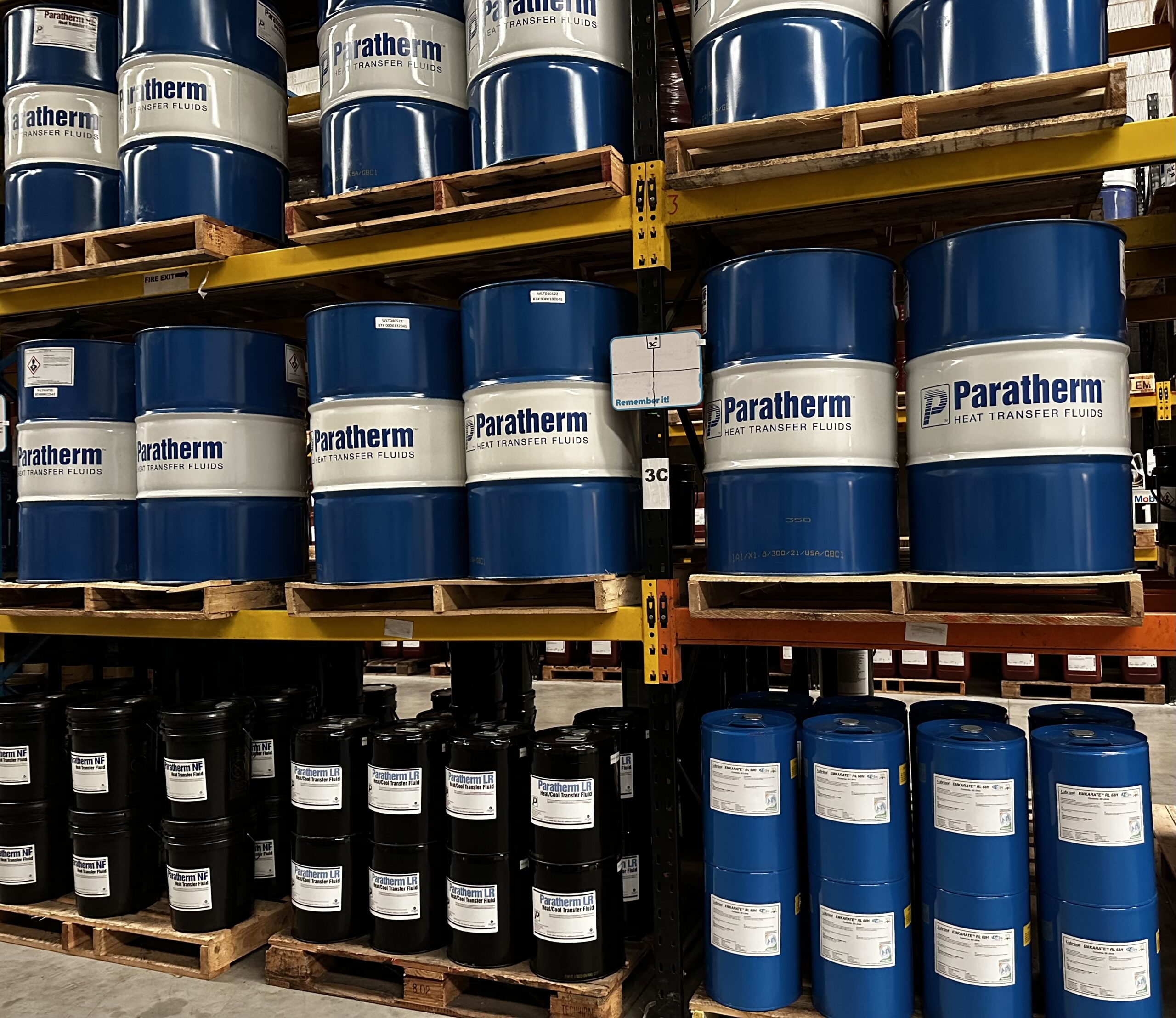A Comprehensive Overview to Heat Transfer Fluid for Solar Thermal Solutions
A Comprehensive Overview to Heat Transfer Fluid for Solar Thermal Solutions
Blog Article
Why Heat Transfer Liquid Is Necessary for Optimizing Energy Transfer in Equipment
The duty of warmth transfer fluids in maximizing energy transfer is essential for attaining reliable thermal administration throughout numerous industrial industries. These liquids promote seamless warm exchange, making certain procedures run within optimum temperature arrays and reducing the threat of getting too hot.

Role in Thermal Management
Heat transfer fluids play an important role in thermal monitoring by effectively managing temperature levels in different industrial procedures and systems. These specialized fluids promote the transfer of warmth between various components, ensuring optimal operating problems and preventing getting too hot. By preserving precise temperature level control, warmth transfer fluids allow markets such as chemical manufacturing, oil and gas, and power generation to operate safely and successfully.
The option of a proper heat transfer fluid relies on numerous variables, consisting of thermal security, warm ability, and viscosity. High thermal stability ensures that the liquid can hold up against extreme temperatures without degrading, while a high warm capability enables it to absorb and release substantial amounts of heat - heat transfer fluid. Reduced thickness minimizes the energy needed for pumping, adding to overall system efficiency
In addition, warmth transfer liquids are integral in applications like refrigeration, where they help soak up and dissipate heat during the cooling cycle. In solar thermal power systems, these liquids capture and transportation solar heat to create electrical power or give warm water. Their adaptability to varied operating conditions and ability to keep regular thermal performance underscore their value in commercial thermal management, helping with functional connection and enhancing precaution.

Enhancing System Effectiveness
To take full advantage of the benefits of thermal administration, enhancing system efficiency through the critical use warm transfer liquids is critical. These liquids play a critical function in maximizing energy transfer by promoting constant thermal law, which consequently affects the general performance and durability of systems. Effective warmth transfer results in lessened power losses, lowered functional costs, and boosted reliability of devices. By preserving optimum temperature levels, warm transfer liquids help guarantee that systems run within their made parameters, consequently stopping overheating and decreasing the threat of element failure.

Sorts Of Heat Transfer Fluids
The diversity of heat transfer fluids highlights their essential look at these guys duty in a series of industrial applications, each customized to satisfy specific thermal administration requirements. These liquids help with reliable energy transfer and are chosen based on essential residential or commercial properties such as thermal stability, thickness, and heat capability. The main kinds consist of water, glycol solutions, oils, and synthetics, each offering distinctive benefits.
Water is one of the most common heat transfer tool as a result of its high certain warmth capability and reduced price. Its usage is limited by its cold and boiling factors. Glycol blends, often made use of in heating and cooling systems, offer a reduced freezing factor, adding convenience in numerous environments. Mineral oils are favored for their thermal stability and non-corrosive nature, making them appropriate for high-temperature applications.

These liquids make sure premium performance in systems where typical liquids might fall short. The selection of a warmth transfer liquid is important, as it influences system effectiveness, safety, and durability.
Environmental and Economic Benefits
Using the appropriate heat transfer liquids offers considerable ecological and economic benefits for industrial operations. Eco friendly warmth transfer liquids, typically eco-friendly and non-toxic, reduce the threat of dirt and water contamination in the occasion of leakages or spills, thereby protecting communities and complying with rigid environmental regulations.
Economically, the ideal warm transfer liquid can considerably decrease operational costs. Fluids with extensive lifecycle efficiency reduce the regularity of substitutes and upkeep, lowering downtime and associated expenses. Overall, the critical usage of optimal warmth transfer check fluids sustains sustainable economic development and environmental stewardship.
Picking the Right Fluid
Just how does one browse the intricate process of selecting the ideal warm transfer fluid for industrial applications? Picking the ideal fluid is essential, as it straight influences system performance, security, and operational expenses. Key considerations include thermal stability, compatibility with system materials, and operating temperature level range. Thermal security guarantees the fluid can stand up to heats without breaking down, while compatibility prevents deterioration or other detrimental responses with system parts. The operating temperature array have to align with the system's requirements to preserve performance and long life - heat transfer fluid.
In addition, the liquid's warmth ability and thickness are critical. A high warm ability allows the fluid to soak up and transfer even more energy, boosting efficiency.
Conclusion
The strategic option and application of warm transfer Clicking Here fluids are essential to enhancing energy transfer throughout different systems. By ensuring high thermal security and ability, these fluids offer specific temperature level control and enhance total system efficiency. This optimization contributes to lowered operational expenses and lower greenhouse gas emissions, thus advertising sustainability. The option of fluid, tailored to details thickness and functional demands, is important for taking full advantage of performance and attaining economic and environmental advantages in commercial procedures.
Report this page